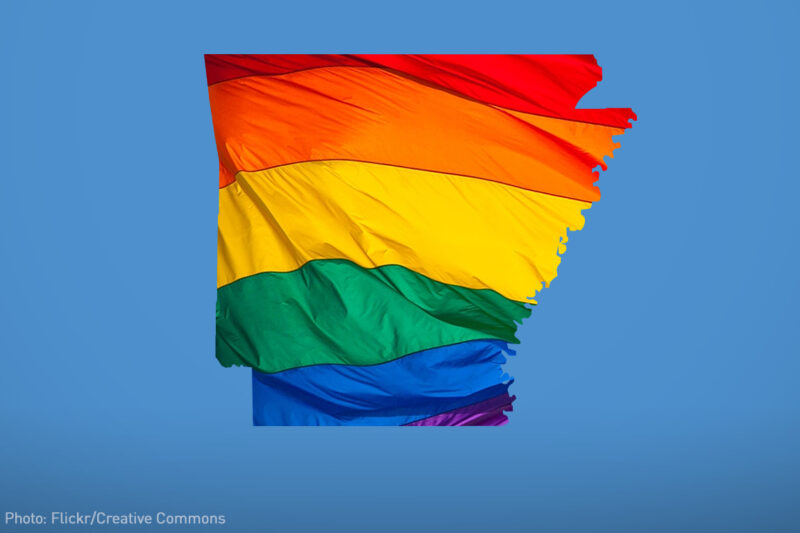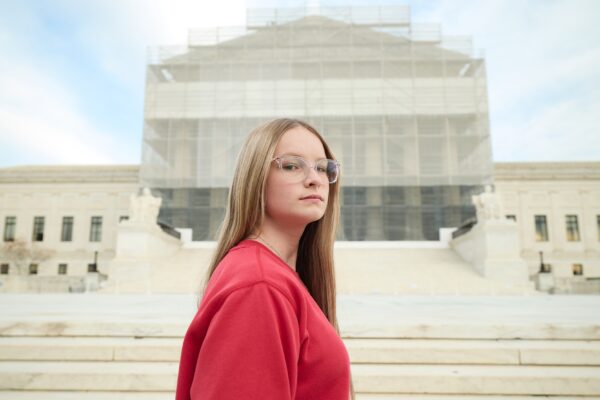Cities and Towns in Arkansas Are Turning the Manure of an Anti-LGBT Law Into the Flowers of Equality


What a difference three months makes.
In February, the Arkansas legislature passed a law designed to prevent local governments from passing non-discrimination protections for LGBT people. The law, known as Act 137, is set to take effect this July. While it ostensibly bars all protections not covered under state law, as the bill's sponsor acknowledged, the purpose of the bill was to prevent ordinances like one that was passed last year in Fayetteville, but repealed by the voters, that would prohibit discrimination based on sexual orientation and gender identity.
When Act 137 passed, it felt like a truckload of horse manure had been dumped on humanity in Arkansas. But out of that manure, a field of flowers is growing. At the time Act 137 was introduced in the state legislature, not a single city in Arkansas had a non-discrimination ordinance that included protections for LGBT people.
Now civil rights protections are cropping up across the state.
When the legislature took aim at LGBT civil rights, it prompted communities across the state to stand up for equality like never before and, one by one, pass local LGBT protections. First came Eureka Springs. It passed an ordinance prohibiting all businesses from discriminating based on sexual orientation and gender identity, which was upheld in a vote by the general public last night in a landslide victory.
Next came North Little Rock and Conway with protections for LGBT city employees. Then Little Rock passed an ordinance barring discrimination against LGBT people in city services and by businesses that contract with the city. The night the Little Rock ordinance passed the city council, the city celebrated by illuminating its many bridges in rainbow colors. Shortly after Little Rock, Hot Springs followed suit with an ordinance similar to Little Rock's. A similar ordinance is under consideration in Pulaski County, and other cities' officials are taking interest and note.
These cities are passing nondiscrimination protections because they want to send the message that they are welcoming communities for everyone. They know that it's good for business and that it helps a community thrive. As a city director of Little Rock put it:
"I think we're sending a message that we're a welcoming community, that we're diverse, that we realize that's good for business, [and] that we value all of our citizens."
This has been a watershed year in the movement for LGBT equality and not just in the fight for the freedom to marry. Communities across the country in the unlikeliest of places are standing up and saying no to efforts to entrench anti-LGBT discrimination in state law. For example, in Indiana, the mayor of the town of Elkhart introduced an LGBT-inclusive nondiscrimination ordinance in reaction to the controversy over a state law to authorize religious-based discrimination. "We don't want the State's recent decisions to hamper our economy by sending discriminatory messages to those wanting to visit, live and do business in our great city," he explained.
Until opponents of equality learn that anti-LGBT legislation is backfiring, we will continue to use the manure they throw at us to grow more flowers.


